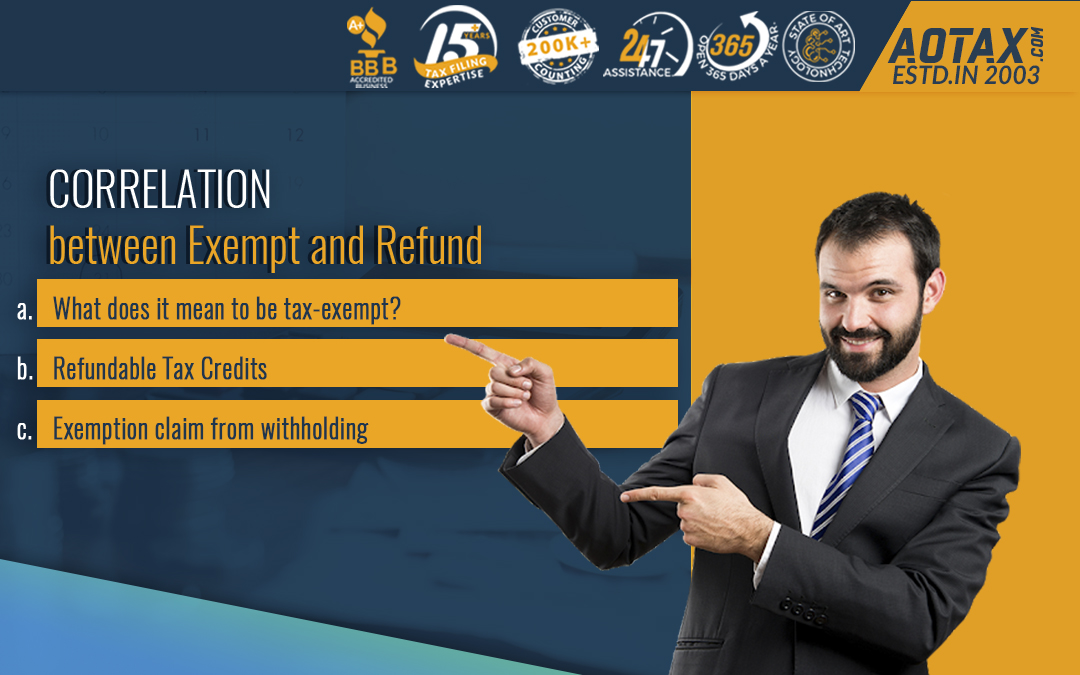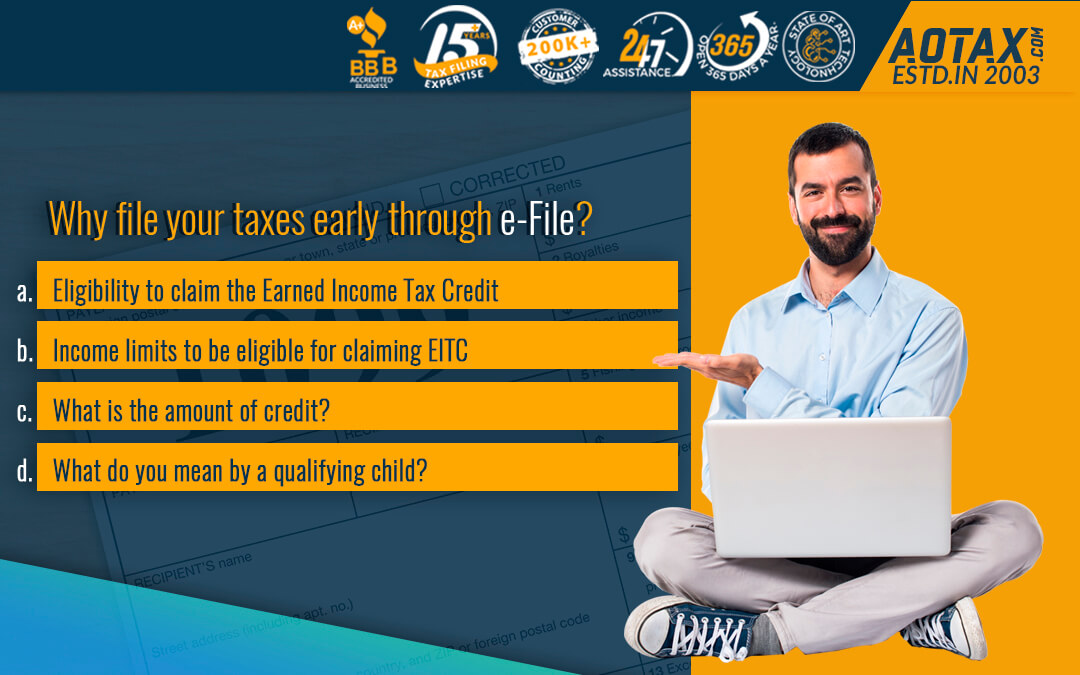A Complete Step-By-Step Guide To Filing Your Taxes in 2021

A Complete Step-By-Step Guide To Filing Your Taxes in 2021
Almost all individuals and business entities need to pay federal income taxes to the IRS. This is solely dependent on the income for the specific year in question. And to prove that you have paid the taxes that you owe to the IRS, you need to file your tax returns.
Filing your tax returns also let you know if there are any pending taxes that you need to pay to the IRS or if you have paid additional taxes and can expect a tax return. It is that time of the year again, where one needs to do their due diligence of filing their tax returns. Here are all the steps that you need to follow.
Deadline and Deductions
To ease out the process of filing tax returns during the ongoing pandemic, the IRS has extended the deadline till the 17th of May 2021.
For single taxpayers, the standard deduction has increased by $200 to $12,400. Similarly, the standard deduction for the head of a household has increased by $300 to $18,650. And the same for married filing jointly has increased to $24,800.
Tax Forms to Collect
Additional activities such as opting for a side gig or investing in the stock market might mean you have more tax forms than before. Here are some of the most common tax forms where your income might be reported, provided they are applicable.
- W-2: Is applicable if an employer pays you wages
- 1099-G: Applicable for unemployment benefits
- 1099-B: Applicable if you have sold stocks
- 1099-R: Applicable if you have received IRA or retirement plan’s distributions
- 1099-MISC: Applicable for rental income or other sources of income
- 1099-NEC: Applicable for non-employee compensations or income from self-employment
- 1099-DIV/1099-INT: Applicable if you have received dividends above $10
- 1099-SA: Applicable if you have received distributions from the health savings account
Apart from being aware of the different tax forms, it is essential to collect other documents that might aid you during the tax return filing process.
- Documentation, receipts, or forms for other sources of income such as rental, winnings from the lottery, etc.
- Your bank account number along with the routing number for any refunds that you might receive.
- Documentation of taxes that you have already paid through the year.
- Your Adjusted Gross Income from the previous year tax return
Filing Status
Your tax filing status plays a crucial role in determining the amount of taxes that you are liable to pay. Thus, being aware and using the right filing status is crucial. Here are some of the most used filing statuses.
- Single:
For taxpayers who are not married or separated. The single filing status is also known as single filers.
- Married Jointly Filing:
The status is for married couples and requires one return for both spouses. People opting for this filing status are also known as joint filers.
- Head of Household:
It is for taxpayers who are not married but have paid for more than half of the annual maintenance of a house and have qualifying dependents.
- Married Filing Separately:
Taxpayers who are married but want to file their tax returns separately can opt for this status.
Tax Bracket and Deductions
Based on your tax filing status and annual income for the specified year, your tax bracket for the current fiscal year would vary. And you can use certain deductions to furthermore offset the taxes that you are liable to pay.
Keeping the above information handy would ensure that you have a seamless tax return filing process. And having all the documents ready would keep you away from last moment running around or stress.






Recent Comments